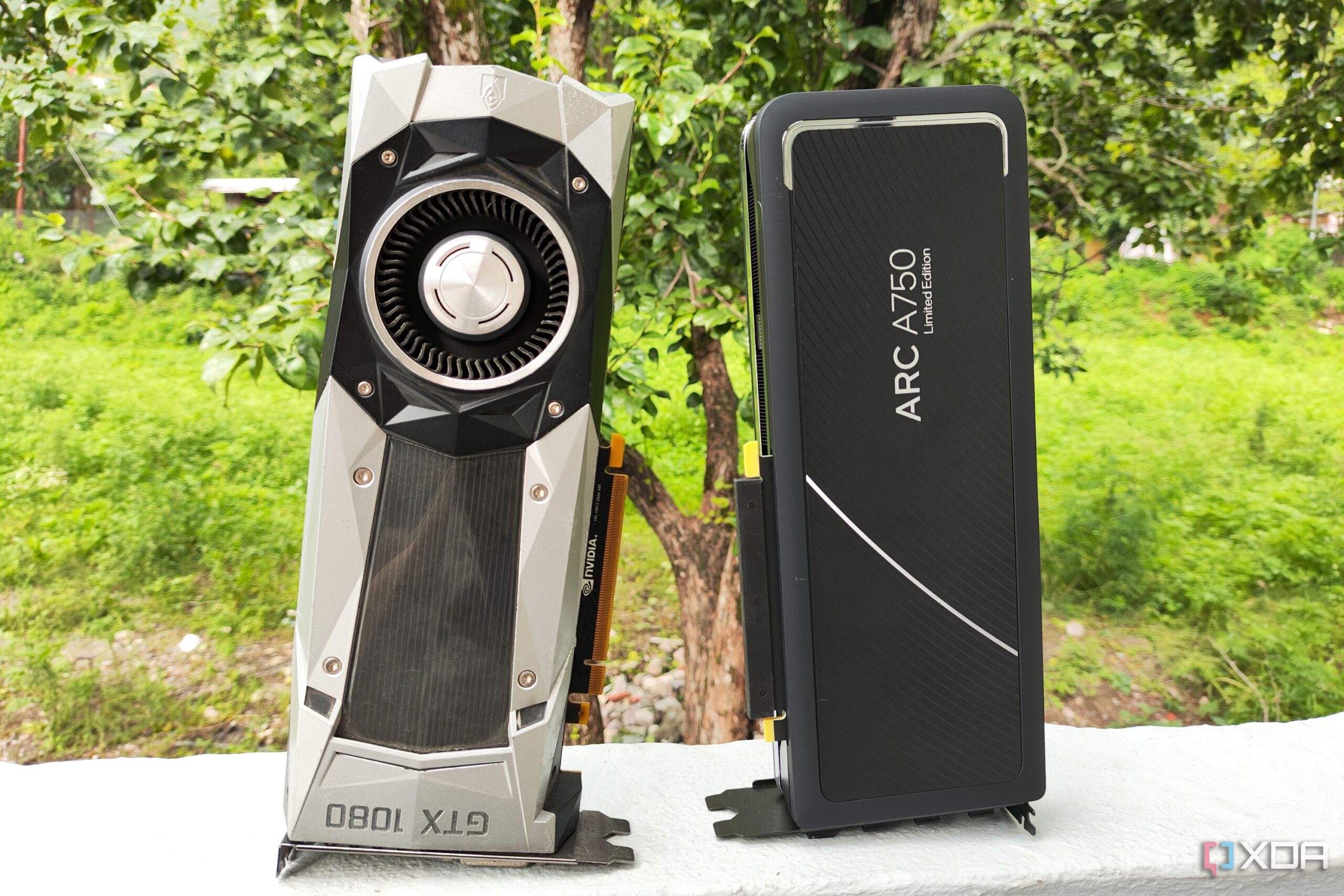UPDATE: A groundbreaking shift in personal technology is underway as users report life-changing benefits from repurposing old GPUs for self-hosted AI applications. This innovative trend is gaining traction among tech enthusiasts, transforming how they manage smart homes, conduct research, and even code.
Just last week, reports emerged about the powerful implications of integrating large language models (LLMs) into everyday technology. With the rise of AI tools, many users are discovering that older GPUs, like the GTX 1080, can be effectively utilized to run LLMs locally, revolutionizing their digital experiences.
This development matters NOW because it offers individuals a cost-effective way to enhance privacy, improve smart home management, and streamline workflows. By leveraging self-hosted LLMs, users can take control of their technology, sidestepping privacy concerns associated with cloud-based services.
The popular Home Assistant platform is one of the primary beneficiaries of this trend. Users can now interact with their smart home setups using natural language, thanks to the seamless integration of self-hosted LLMs. One user noted that connecting their Home Assistant server with a simple 4b model from Ollama drastically improved the accuracy of commands issued to IoT devices. This powerful combination enables users to manage their homes more efficiently, all while maintaining heightened privacy.
Moreover, the innovative Open Notebook tool is redefining research methodologies. Unlike traditional platforms that process data on external servers, this third-party implementation allows users to harness their own AI models, ensuring sensitive topics remain private. One user emphasized the importance of this functionality, stating that they can now conduct research without the fear of compromising confidential information.
In the realm of programming, self-hosted LLMs are proving invaluable. While AI-generated code remains a work in progress, users are finding that these models serve as excellent debugging companions. Tools like VS Code now integrate with private LLMs, facilitating more effective code reviews and troubleshooting. The Continue.Dev platform has emerged as a preferred choice, providing auto-completion and error-checking that enhance programming efficiency.
Additionally, applications such as Paperless-ngx and Karakeep are elevating document management through the power of LLMs. These tools enable automatic tagging and contextual searches, saving users time and improving organization. As one user shared, this integration allows them to focus on content rather than manual data entry.
As more tech enthusiasts report success with repurposed GPUs and self-hosted AI, the implications for privacy, efficiency, and innovation are profound. The trend is rapidly gaining momentum, and early adopters are eager to share their experiences.
For those looking to enhance their digital lives, now is the time to consider repurposing old graphics cards into powerful AI-hosting platforms. With the potential to revolutionize smart home management, research, and programming, the future of personal technology is brighter than ever.
Watch for more updates as this trend continues to evolve, and consider joining the ranks of those transforming their tech with self-hosted AI solutions today.



























